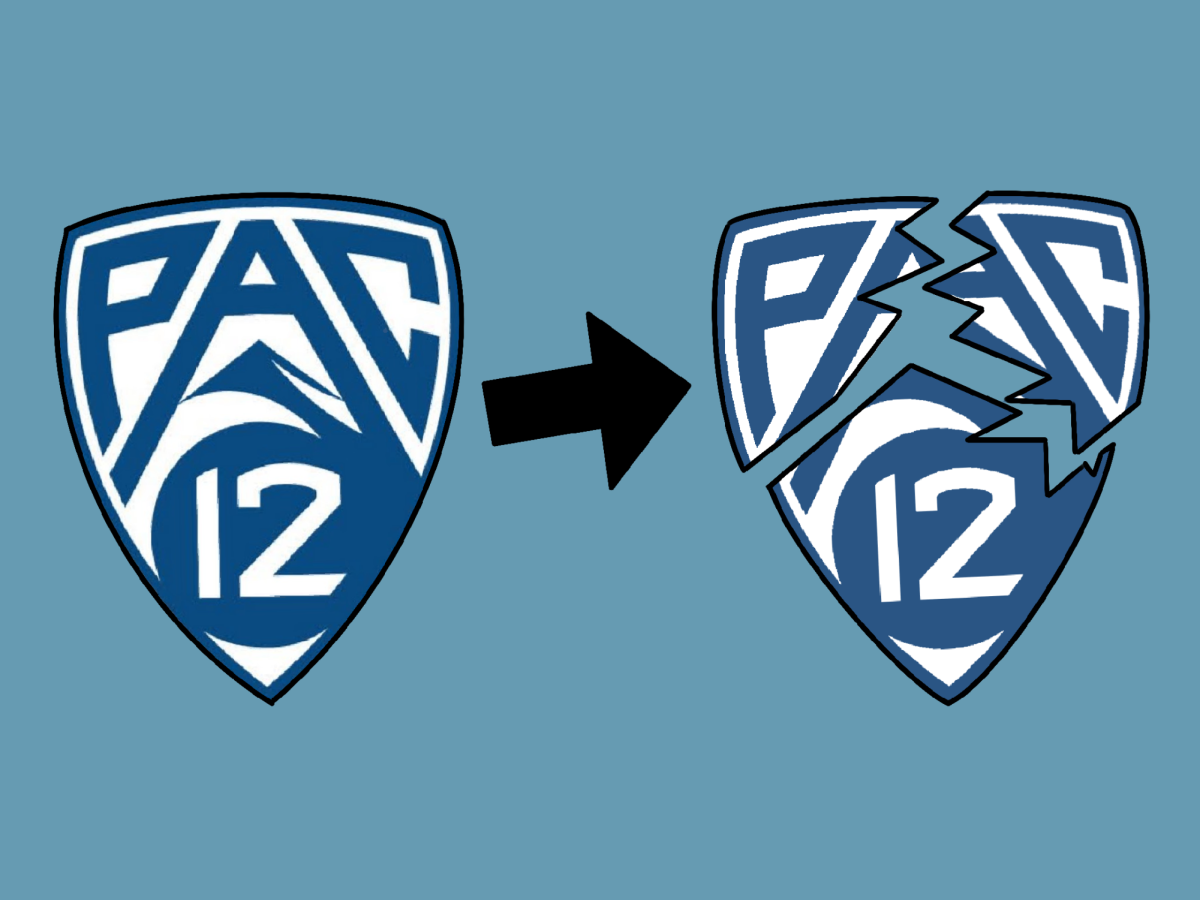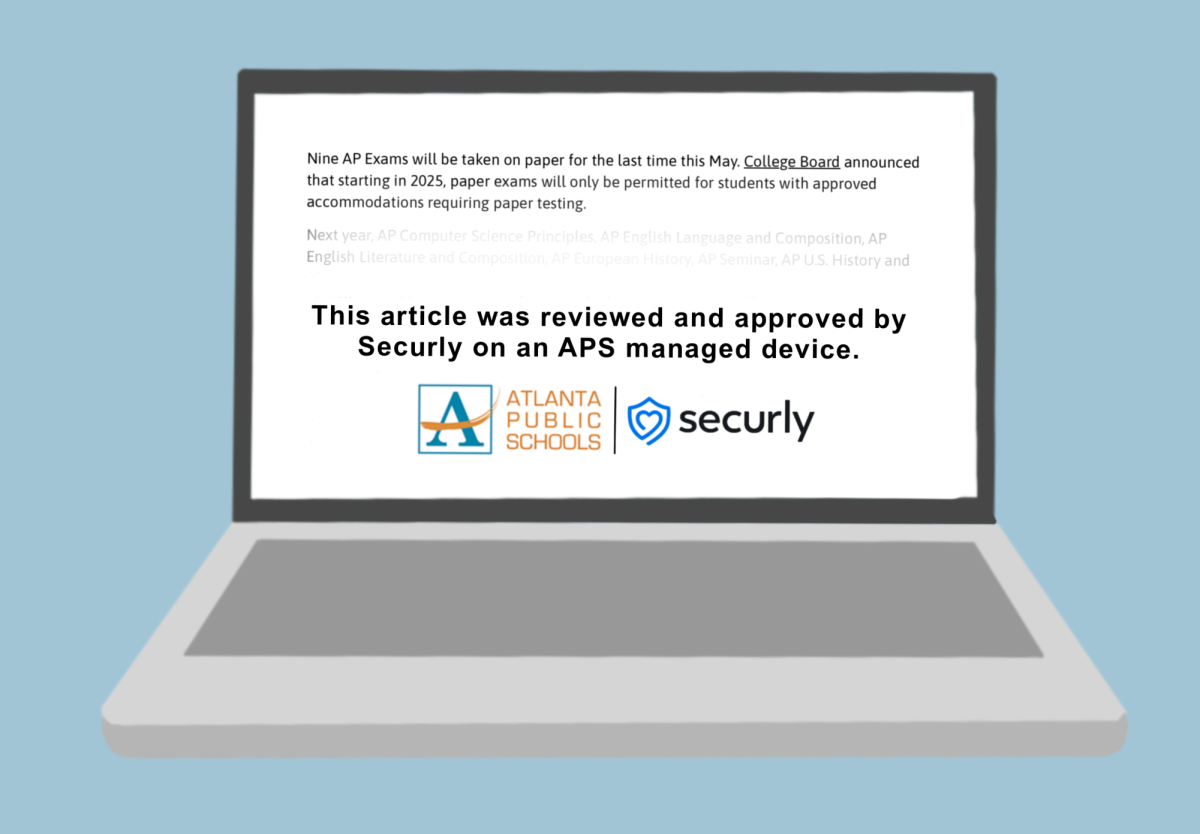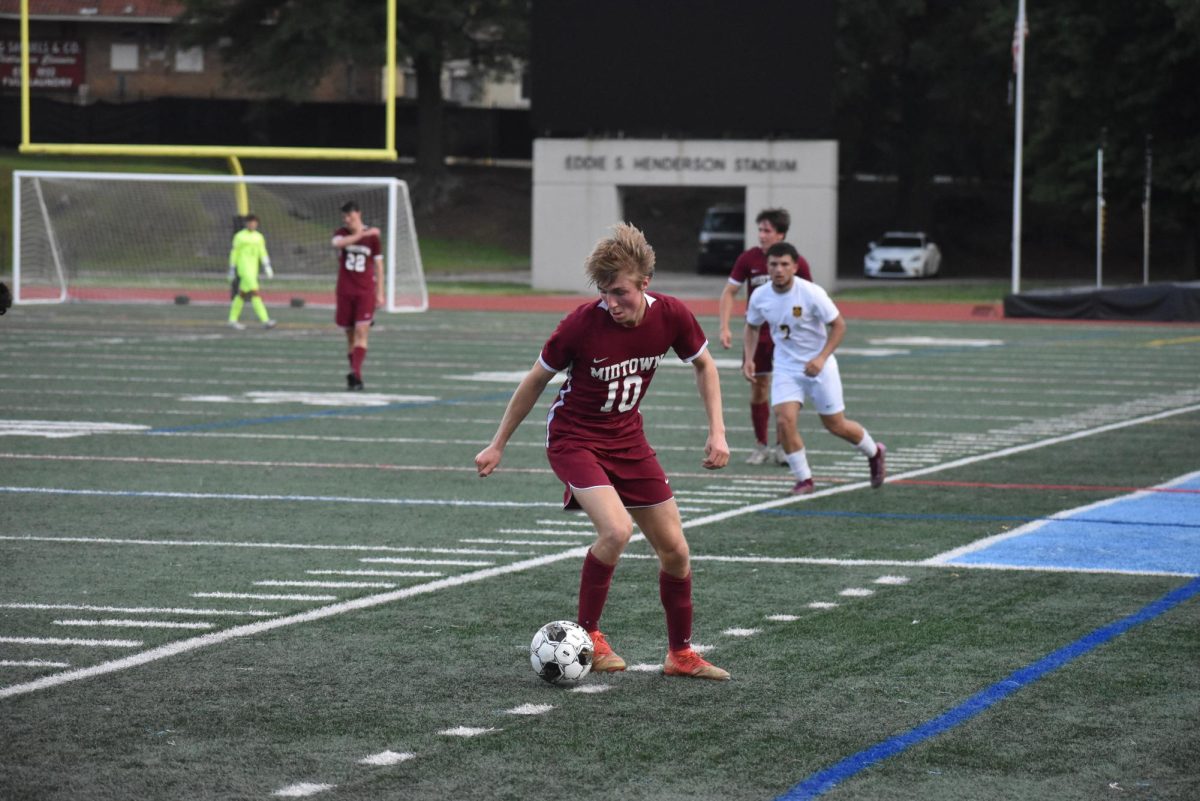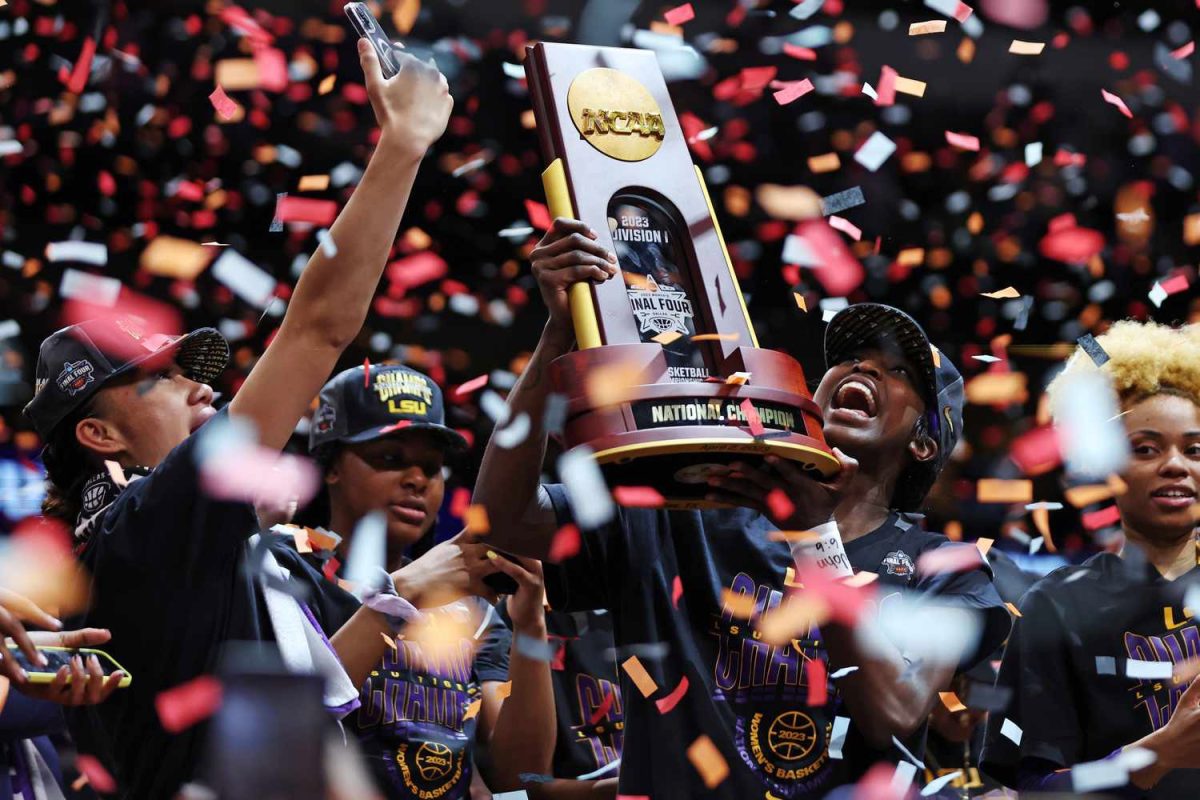In late 2022, UCLA and USC announced their plans to leave the Pac-12 Conference and join the Big Ten in 2024. This was the beginning of the demise of the Pac-12 Conference, a Power-5 conference that was created in 1915. The downfall of the Pac-12 shows the priority towards football and reveals the need of a conference created for only football to preserve historic rivalries and conferences in other sports.
The Pac-12 is officially one of the Power-5 conferences, along with the Southeastern Conference, the Atlantic Coast Conference, the Big Ten and the Big 12. These conferences are seen to be the best athletic conferences across the country, but the Pac-12 will no longer be a conference following the departure of USC and UCLA. These teams leaving could be seen as the beginning of the end for this conference.
After UCLA and USC announced their exit, the conference’s collapse was on the horizon. Colorado was the next team to exit, stating its plans to join the Big 12 at the beginning of the 2024 year, followed by Oregon and Washington, joining the Big Ten. Three additional Pac-12 teams, Arizona, Arizona State and Utah, all announced they are joining the Big-12, increasing the number of schools in the Big 12 with 16 colleges and the Big Ten with 18 colleges starting in 2024.
This forced the remaining schools to scramble to try to fit into a Power-5 conference to maintain a high level of athletic competition, and on Sept. 1, the ACC added Cal and Stanford to their league starting in the 2024 season. This brings the ACC to 18 member teams, and raises questions about the league Oregon State and Washington State will join, as they are the last two remaining Pac-12 schools without a conference. They will likely be forced to join the Mountain West, a Mid-Major conference who has expressed interest in picking up any remaining Pac-12 schools.
Although this may seem sudden, the Pac-12 has struggled financially in recent years, and the Big Ten is one of the most wealthy and most profitable leagues, highlighting the jump from the Pac-12 into the Big Ten. The Big Ten had revenue of $845.6 million, in comparison to the Big 12’s $480.6 million, the SEC’s $802 million, the ACC’s $617 million and the Pac-12’s $580.9 million, and the Big Ten gave each school a payout of $58.8 million, the Big 12, $42-44.9 million, the SEC’s $49.9 million, the ACC’s $37.9-41.3 million and the Pac-12’s $37 million.
Although the payouts are better from the other conferences, for a majority of the sports at these Pac-12 schools, the commitment level switching conferences takes is very extreme.The most obvious issue with the conference switching is the inconvenient commutes. The Big Ten conference is based in the Midwest, with Rutgers, Maryland and Penn State on the East coast, almost a six hour flight from Los Angeles.
With football, this isn’t as big of an issue because each team only plays nine conference games before the playoffs, so not every team would have to travel to UCLA, USC, Oregon and Washington. This means that those teams wouldn’t necessarily have to travel a massive distance to play the other teams. But with other sports, such as basketball, teams can play up to 22 conference games, playing both home and away. This means that a team from New Jersey will have to travel to play a school in Washington, and a team in Washington will have to do the same.
In the Big 12 these schools are mainly congregated in the Southwest, as well as Texas and Florida. Arizona and Florida are the farthest separated teams and are a four-hour flight away, and, splitting between the Mountain and the Eastern time zone, a two-hour time zone difference.
The ACC is the most spread out and obvious version of this. The majority of the conference is on the Atlantic Coast. With the addition of Stanford and Cal, teams will be forced to do five-and-a-half-hour flights from Florida to California, as well as additional flights to Georgia, Maryland and other schools in the ACC.
On top of all of this, not all sports have equal funding when it comes to travel. This means that some teams, especially women’s teams, would be forced to make long bus rides to get to and from their games. Additionally, unlike football, which plays primarily on Saturdays, most other sports (softball, baseball and both mens and womens basketball, to name a few) play on weekdays. This can result in athletes getting back very late from a game on a weekday and having to ride the bus or a plane back, and then attend class the next morning.
Because of the amount of travel and games these leagues entail, it will force players to maintain a schedule that is similar to a professional league, without taking into account the fact that they still have to do school work, as they have to maintain a certain GPA to continue to play.
A solution to this problem, as football seems to be the main priority, would be a separate league developed for only football in order to balance the lives and schedules of student athletes that are a part of other sports teams. This league could be open to the top football programs across the country, and leave other teams in their own conferences determined by geographical location and skill level (i.e. bring back the Pac-12 for all teams that are not football).
Some of the drawbacks to this would be that money would still be an issue for the Pac-12, as well as most other Power-5 conferences, with football not bringing in money. Despite this, if these conferences invested more in the TV deals for other sports, they could make it work.
This solution would increase the level of football, as all of the best teams would be playing each other while maintaining some of the oldest and most notable rivalries in other collegiate sports, as well as the classic nature of these conferences. Student-athletes in sports other than football would also be able to continue to balance both school and sport without the consistent cross-country travel arrangements.
Overall, by focusing on football, collegiate athletics have forever altered the lives of student-athletes and will be much more difficult for student-athletes to play. The solution to this issue would be a conference made up of the best collegiate football teams in the country, and maintain the original conferences that are based on geographical location, as well as skill for other sports.






















